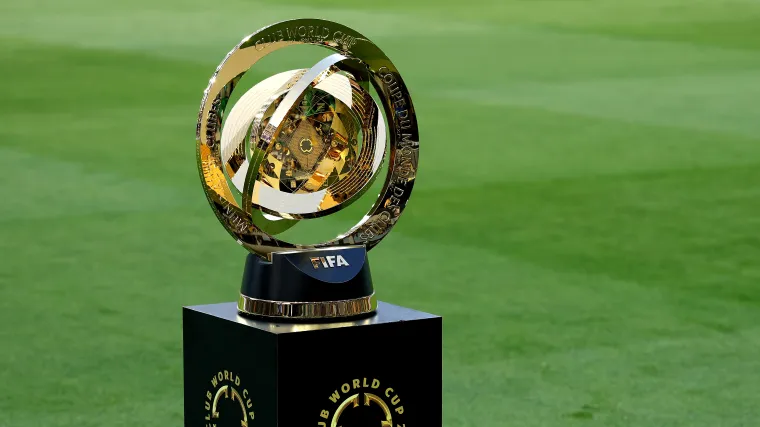There are plenty of trophies to be won in modern-day football. From massive European competitions and big national cups that provide qualification into Europe, to preseason trophies that really have no meaning or impact on a club’s season. However, we have seen plenty of trophies come and go in football over the years. Like cars, phones and even live casino online games, football has also had to evolve over time, leaving some once well-regarded trophies to cease to exist. Today, we will take a look at football trophies that no longer exist.
Anglo-Italian Cup
One of the fiercest cups in Europe, the Anglo-Italian Cup carried a reputation for intense rivalry on and off the pitch, with games being abandoned and the cup even being abolished as a result. The cup began in 1970, with the first-ever final being abandoned due to violence off the pitch, awarding the win to Swindon Town over the runners-up, Napoli. The cup began as a professional cup, with some of the top teams from England and Italy competing for the title, until 1973, when it was abandoned due to the violence.
It returned in 1976 for semi-professional clubs, with the likes of Sutton United winning the title, and Scarborough finishing runners-up, before it was abolished again in 1986. It was in 1992 that the cup returned as a professional tournament, but it was soon abolished again in 1996 after the two lower leagues of the English and Italian football leagues were unable to agree on a date for fixtures. The tournament has not been seen since and does not show any signs of returning in the near future.
Football League Super Cup
The Football League Super Cup came into play for one year only in the 1985/86 season, for English clubs only. The clubs that qualified were the teams that qualified for Europe, but could not compete in the competition as a result of the ban enforced by UEFA on all English clubs following the Heysel Stadium disaster in 1985. The disaster occurred in the Champions League final between Liverpool and Juventus, in which 39 Juventus fans were killed by a collapsing stadium wall after an altercation between the opposition fans. As a result, English clubs were banned from European competitions for 5 years, with Liverpool supporters banned for 6 years.
The Football League Super Cup arrived in 1986, featuring Liverpool, Everton, Manchester United, Norwich City, Tottenham Hotspur, and Southampton. The only final consisted of a Merseyside Derby, and the only winner of the competition was Liverpool, who won 7-2 on aggregate across the two legs. The main intention of the cup was to support the club’s finances due to the lack of European opportunities. With the ban lifted in 1990, the Football League Super Cup was never seen again.
The Interoto Cup
The Intertoto Cup was first introduced in 1961 as a way of helping clubs build up funds and share large cash prizes on an international scale. Group winners in the cup would be awarded with cash prizes, while the team that came out on top would take home the Intertoto Cup. It wasn’t until 1995 that UEFA took over the tournament and altered its purpose and format, allowing this competition to reach its greatest audience and become a more competitive event.
UEFA opted to use the cup as a means of qualification for the UEFA Cup, now known as the Europa League. Clubs can apply to participate in the competition, with the chance to qualify for the larger competition, while also securing pre-season cash. The cup was a great idea to support clubs that don’t usually get an opportunity to play on a European scale; however, it ended in 2008 due to new ways to qualify for the Europa League, and it was deemed necessary to use the cup as a means of qualification.
Tennent’s Sixes
Tennent’s Sixes is a 6-sided tournament between Scottish clubs only, taking place in pre-season, and was an innovative tournament that drew attention thanks to its fast pace and skilful games. It began in 1984, with the 6-a-side competition inviting around 10 Scottish Premier League sides to compete. The excitement of the competition stemmed from the lack of dominance throughout its existence, with no single team consistently dominating the tournament.
There was a wide variety of winners throughout its time, and some English clubs were even invited to participate in this unique competition. However, when Tennent withdrew its event sponsorship in 1993, this cup competition was brought to an end. However, inspired 6-a-side football across Scotland and even the rest of the UK. We no longer have professional competitions like this in modern-day football, but it is believed that reviving it could be a significant success.







